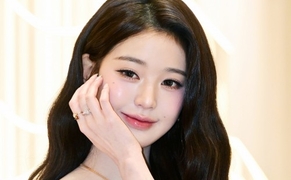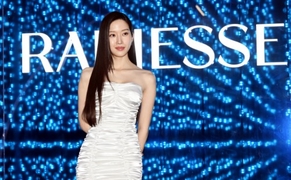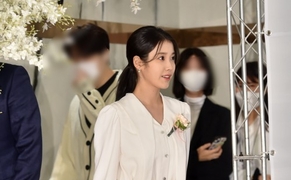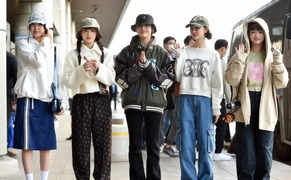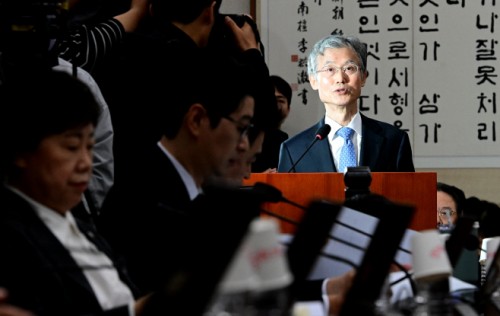 |
| Chief Justice Cho Hee-dae speaks during a parliamentary audit of the Supreme Court by the Legislation and Judiciary Committee at the National Assembly in Seoul on October 13. / Source: Lee Byoung-hwa, Asia Today |
South Korea’s first parliamentary audit under President Lee Jae-myung’s administration concluded Monday, dominated not by judicial reform or livelihood issues but by heated political battles surrounding Supreme Court Chief Justice Cho Hee-dae and Judge Ji Kwi-yeon.
Appearing before the National Assembly’s Legislation and Judiciary Committee, Chief Justice Cho addressed allegations that he interfered in last year’s presidential election, firmly denying any wrongdoing.
“I want to make it clear that I never had any private meetings, conversations, or discussions related to the case in question,” Cho said in his closing remarks late Monday night.
The audit, meant to review the judiciary’s role and explore reforms to strengthen public trust, instead devolved into partisan clashes. Critics said lawmakers focused on political attacks rather than substantive issues affecting citizens’ legal rights and access to justice.
Cho reappeared at the session at 11:40 p.m. to deliver a final statement. “I regret that there appears to be public mistrust regarding the speed and circumstances of the ruling,” he said. “Although I wish to dispel these doubts, the Constitution and the Court Organization Act prohibit me from disclosing details of deliberations or rulings made by the full bench.”
He emphasized that the ruling in question was decided by all 12 justices of the Supreme Court sitting en banc, and that “the reasoning and conclusions are fully contained in the judgment itself, which alone carries official authority.”
“Even as Chief Justice, I am but one of the 12 members of the full bench,” he added. “I cannot express opinions outside of the ruling itself.”
Cho pledged to “do his utmost to restore public confidence in the judiciary and safeguard citizens’ rights and freedoms.”
The audit also drew attention for procedural controversy. Committee Chair Chu Mi-ae and ruling party lawmakers broke with precedent by refusing to allow Chief Justice Cho to leave the chamber during questioning, keeping him for over 90 minutes. The opposition People Power Party (PPP) denounced it as “constitutional destruction” and “de facto detention of the Chief Justice,” while the ruling Democratic Party (DP) countered that “extraordinary measures were needed in extraordinary times” to overcome what it described as “the aftermath of insurrection.”
The debate later turned to Judge Ji Kwi-yeon, who drew scrutiny both for his decision to cancel former President Yoon Suk-yeol’s detention order and for allegations of receiving entertainment hospitality.
DP Rep. Kim Yong-min accused Ji of “rewriting criminal procedure law by calculating the detention deadline by hours instead of days,” calling it “a violation of the separation of powers.”
Ruling lawmakers, meanwhile, grilled Supreme Court ethics officials about whether they had conducted on-site inspections, verified the presence of female entertainers, or reviewed CCTV footage from the alleged venue.
PPP Rep. Na Kyung-won said, “This audit was nothing more than an attempt to humiliate Chief Justice Cho and tear apart Judge Ji. The goal is to exonerate President Lee Jae-myung while forcing a conviction in the insurrection case.”
Most Read
-
1
-
2
-
3
-
4
-
5
-
6
-
7

















